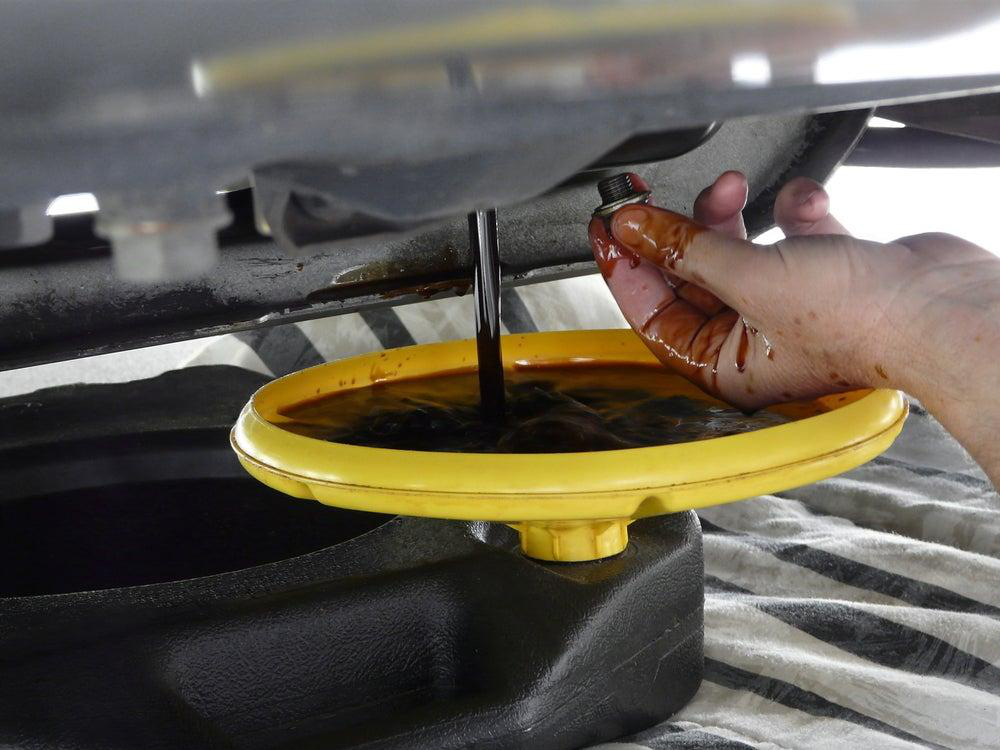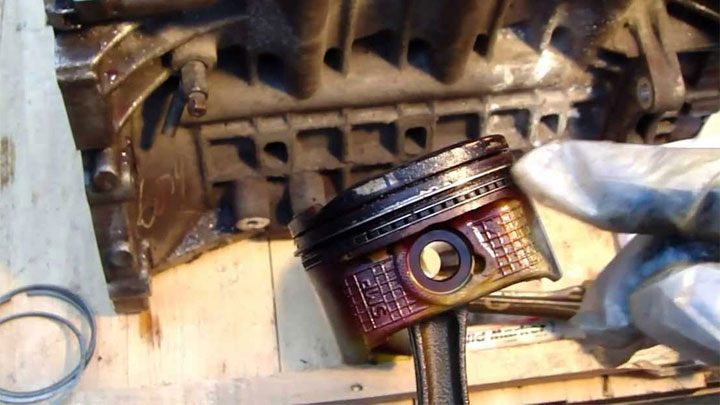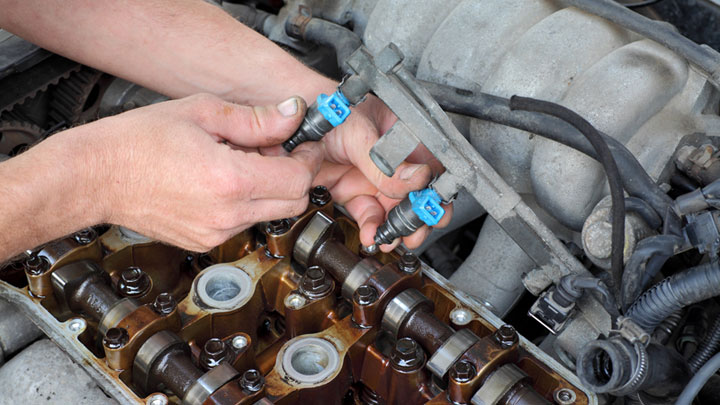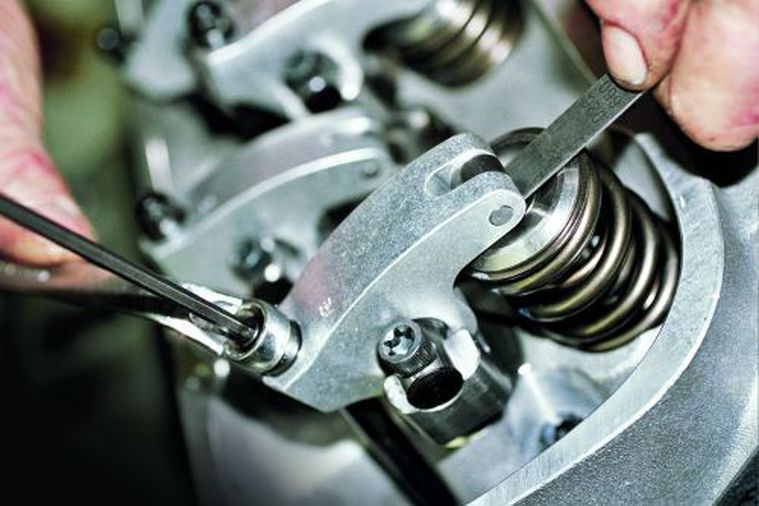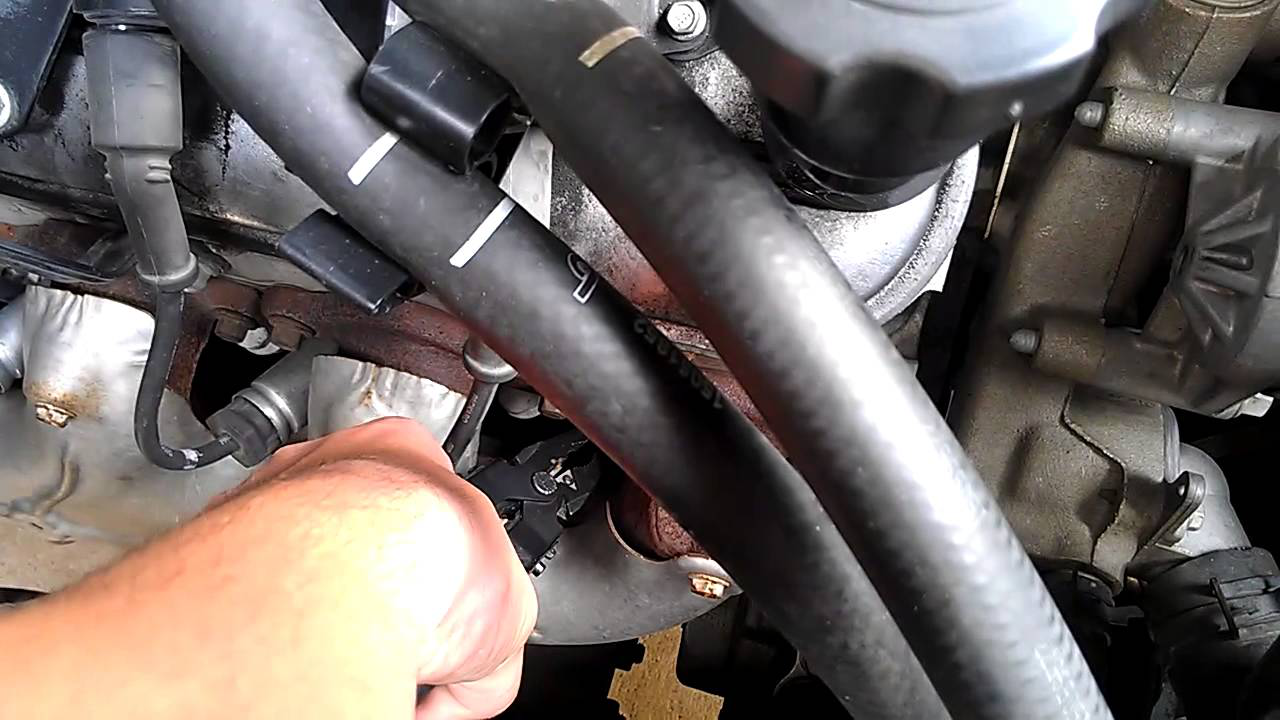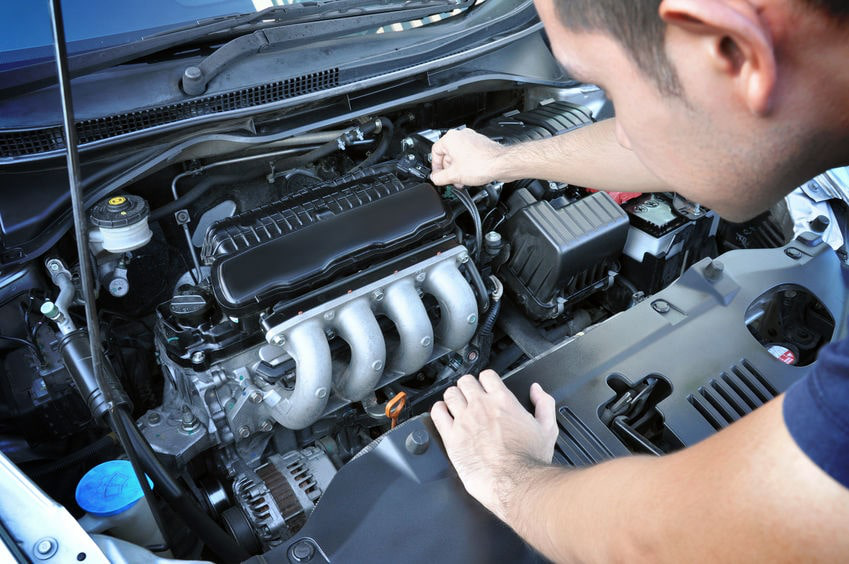It’s quite common for car drivers to encounter situations when the vehicle engine keeps making irritating noises when it’s warmed up. In this situation, no doubt you will have to give your engine a thorough check up. Still, as far as our experience goes, it sometimes takes you a lot of time and effort to precisely determine what causes that issue, right?
Therefore, you should take a little time to look at the following article to quickly identify the causes of your engine ticking at idle when warm and gain some insights into how to deal with each type of cause. Now, keep scrolling down to figure it out!
In any other case, if your car suddenly gets you in trouble – you got in a crash, hit someone or are a victim of a car accident, contact a professional Atlanta auto accident attorney to get you what you deserve right away.
Causes of engine ticking at idle when warm
In general, there are many causes for an engine to make a when it’s idling or warmed up. But below are the most popular ones that you should pay attention to.
Insufficient engine oil level
When the low oil level cannot reach the engine’s top parts, a phenomenon known to many as inadequate lubrication will occur in some parts of the car.
To be more specific, the engine components such as camshafts, lifters and rockers may rub against each other in the roughest way possible as there is nothing left to keep them smoothly functioning, which results in ticking sounds.
To address this issue, you can take a careful look at the engine, which is unusually overheated since it doesn’t get enough oil to cool off when it operates. Also, you need to check your car’s gaskets and seals as they might be worn out or damaged for the oil to leak quickly.
Poor reciprocating components
You should pay attention to a reciprocating component instead of a rotating component when your car makes ticking sounds at idle when warm. The reciprocating parts can be pistons, pushrods as well as valves.
When the components are broken or worn out, ticking sounds are likely to become an unavoidable consequence. Then what you should do is replace them with the new ones immediately. If not, you may have to experience even more uncomfortable noises than the ticking. Yes, we are talking about the whining or clunking of your automobile.
Fuel injection firing issues
Some specific models of cars have a fuel injection system that makes ticking noises no matter when the fuel injectors kick off firing. This is because the wolves’ injectors are opening and closing swiftly for the adequate amount of fuel to enter the inner combustion chamber.
The ticking sound may be typical of a vehicle’s operation, but you should be sure that it’s the case by checking with the dealer. In the event of your engine ticking unusually, you ought to inspect the injector system as it might be broken already and replace them with a new one before things get any worse.
Improperly adjusted valves
The inaccurately adjusted vehicle’s valvetrain can pretty much be the primary reason behind the problem of engine ticking idle at warm. Also, it’s worth keeping in mind that it should be one of the first things you need to investigate when your vehicle has a ticking problem.
The valves’ opening and closing movements are controlled by a rocker arm directed by the camshaft’s pushrod. Therefore, the pushrod ought to be the exact distance from the valves. If the adjustment is not accurate, the valves will move quickly and at a short distance many times, producing the vexing ticking noises.
Loose spark plugs
A loose or broken spark plug may probably be a culprit of your engine ticking at idle when warm. To be more specific, the cracked spark plug or the inaccurate torque will result in a spark when you start the car, and later on, odd sounds while you are on the road.
The easiest method to repair damaged spark plugs is to replace them. Also, sometimes you need to replace the cylinder head as its threads may be stripped by the weak spark plug.
How to identify the ticking causes
After knowing some of the most common problems associated with the engine ticking at idle when warm, you should know precisely how to deal with it.
Here are the detailed directions for you to follow:
Checking the oil levels is one of the first steps you should take yourself. Make sure that your oil tank is always filled and can supply your entire car along the way. If not, it’s time to refill oil. While you are at it, you can detect any visible gaps or wear and tear in the hoses, you should replace them as well.
Next, you should check any loose parts by isolating where the noise comes from, then testing the reciprocal parts. Make sure that all the pistons and valves are properly installed and adjusted precisely.
If you can’t work out the issue yet, you can use a bidirectional scanner to check where the problem lies. And if you don’t even have that, get a mechanic to check your car, especially when it needs fixing or having some intricate parts like timing chain adjuster replaced.
Things worth bearing in mind
Whenever you realize your car doesn’t sound the way it should, you need to work out why. Repairing can be a simple task if you know precisely the roots of the problem. But drivers tend to ignore car issues, and this creates more serious problems down the road that sometimes need more time and effort to tackle.
Do not hesitate to check under the hood as soon as you notice the first sign of your car engine ticking at idle when warm. The earlier the problem is solved, the quicker the sound goes away!

